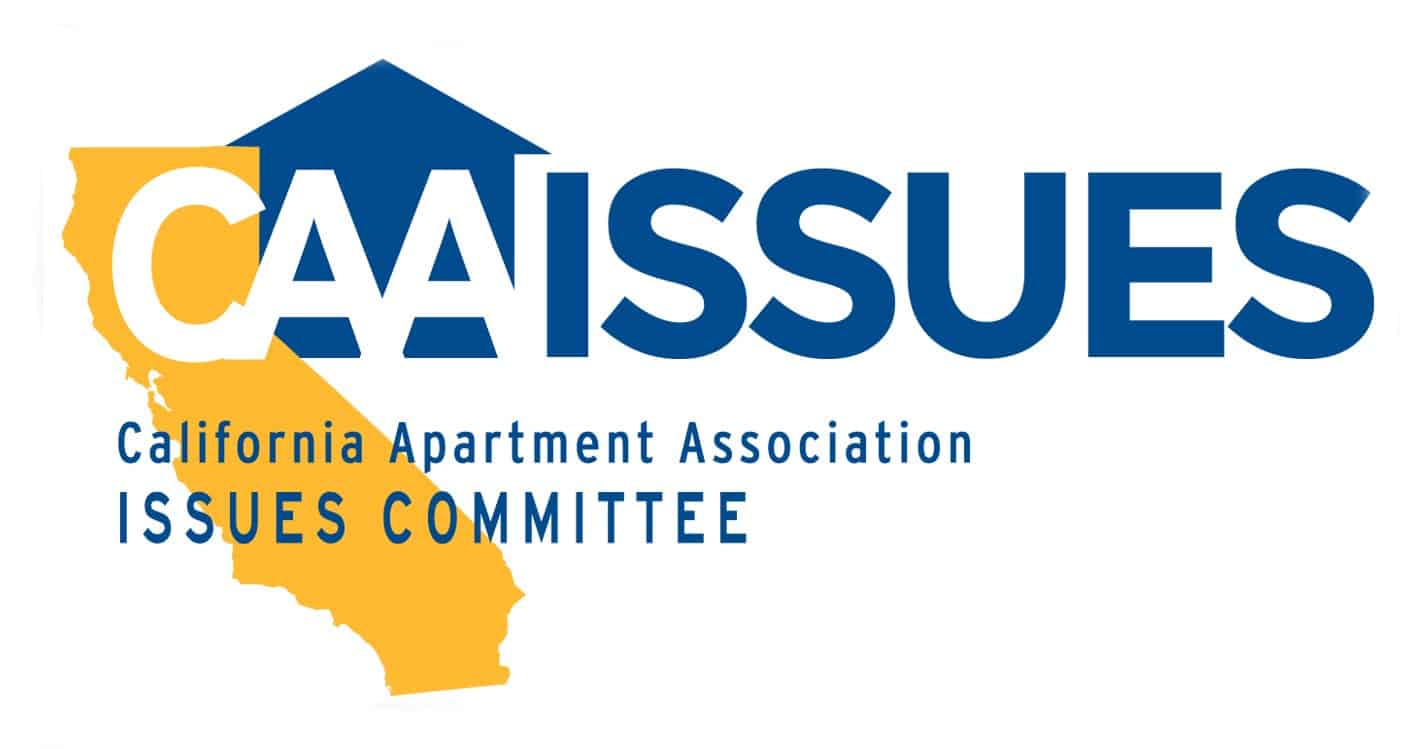A bill that would have strained California’s aging power grid by triggering the mass installation of air conditioning systems in older apartment buildings has stalled in the state Senate.
The legislation, AB 2597 by Assemblyman Richard Bloom, D-Santa Monica, which would have required that landlords install equipment to keep their units adequately cool, failed to advance Tuesday from the Senate Housing Committee.
The California Apartment Association opposed the bill, contending it circumvents California’s building code adoption process and ignores the variety of climates present in California.
“Mandating a specific indoor temperature in areas of the state like the coast of California and the Bay Area, which may only reach higher temperatures a couple of times each year, creates problems instead of solving them,” said Debra Carlton, CAA’s executive vice president of state public affairs. “Units in these areas should not fall under a substandard housing code and face penalties in these limited circumstances.”
The legislation also fails to consider the complexities of adding energy efficient cooling systems to older buildings.
“Changing the rules for existing buildings is not feasible in many cases,” Carlton said. For some buildings, cooling upgrades cannot be done simply based on a building’s existing electrical system. Most older homes and apartments are not designed to allow for the later installation of new cooling systems.
The bill also would have further burdened California’s power grid.
“Energy planners are already warning that we need to upgrade our electrical grid – especially as we simultaneously add EV chargers to the system,” she said. “As heat waves plagued the state in 2020, residents endured rolling blackouts. And we will face that again under this legislative mandate. That’s because AB 2597 would add a significant electrical load and demands to the grid that is already fragile during peak load time periods.”
A letter sent jointly by CAA and the California Building Industry Association further contends the cooling mandate would make it more difficult to tackle the state’s housing shortage.
“To address this crisis, we need to enact legislation that would increase the production of housing by reducing costs and regulatory barriers,” says the letter. “Unfortunately, AB 2597 adds significant cost and regulations to the homebuilding process.”

